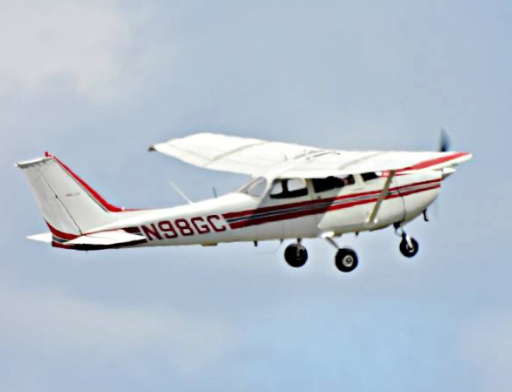WASHINGTON – Sergey Nechaev, a dual U.S.-Russian citizen, was arrested today in the Southern District of Georgia on charges related to the unlawful attempted export of two small aircrafts to Russia. In conjunction with the arrest, the U.S. government also seized the aircraft.
According to the indictment, between March 3, 2023, and March 24, 2023, Nechaev engaged in a scheme to violate and evade U.S. export control laws and regulations by attempting to smuggle two Cessna aircrafts from the United States to Russia by transshipping them through Armenia.
Specifically, after the U.S. government imposed stricter controls on Russia in February 2022, Nechaev attempted to export a 1968 Cessna 172K and a 1973 Cessna, valued together at approximately $170,000, to a purported Russian flight school, without the required license or authorization from the Department of Commerce.
“To conceal the true end user and destination of the aircraft, Nechaev falsely represented that the end user and destination were in Armenia,” stated a press release from the U.S. Department of Justice National Security Division.
Nechaev has been charged with attempting to export controlled goods without a license in violation of the Export Control Reform Act (ECRA), smuggling goods contrary to U.S. law, and causing the submission of false and misleading information in Electronic Export Information paperwork submitted through an Automated Export System.
If convicted, Nechaev will face a maximum penalty of 20 years in prison for the unlawful attempted export of controlled goods, up to 10 years in prison for smuggling and up to five years in prison for falsifying export information.
Reportedly, the aircraft will also be subject to confiscation as property involved in the commission of the crime.
“A federal district court judge will determine any sentence after considering the U.S. Sentencing Guidelines and other statutory factors,” stated a press release from the U.S. Department of Justice National Security Division.
The case is being investigated by the U.S. Department of Commerce’s Office of Export Enforcement, the U.S. Department of Homeland Security’s Homeland Security Investigations, the U.S. Customs and Border Protection, and the Federal Aviation Administration.
Assistant U.S. Attorneys Darron Hubbard and L. Alexander Hamner for the Southern District of Georgia and Trial Attorneys Leslie Esbrook and Fatema Merchant of the National Security Division’s Counterintelligence and Export Control Section are prosecuting the case.
“The investigation was coordinated through the Justice Department’s Task Force KleptoCapture, an interagency law enforcement task force dedicated to enforcing the sweeping sanctions, export controls and economic countermeasures that, beginning in 2014, the United States, along with its foreign allies and partners, has imposed in response to Russia’s unprovoked military invasion of Ukraine,” stated a press release from the U.S. Department of Justice National Security Division.
Under the leadership of the Office of the Deputy Attorney General, the task force reported that it will continue to leverage all of the department’s tools and authorities to combat efforts to evade or undermine the collective actions taken by the U.S. government in response to Russian military aggression.








